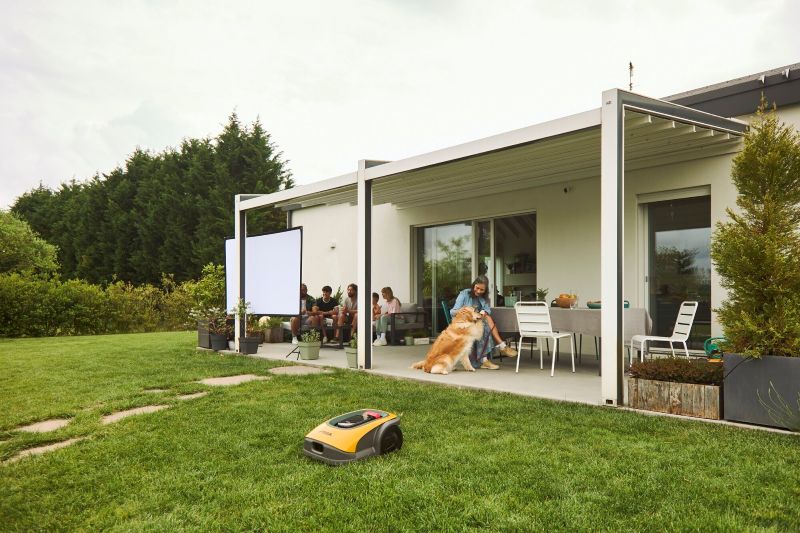STIGA, the world's leading manufacturer of garden care machinery and equipment, is reaffirming its mission to shape a sustainable future by embedding environmental, social, and governance principles into every level of its business.
As evidenced by the results in its recently published 2024 Sustainability Report, this commitment is guided by a robust ESG framework.
From product development to circular processes and supply chain management, the company has embraced a forward-looking approach that connects innovation with environmental responsibility and social impact.

“Sustainability is far beyond a business goal for us – it’s a holistic, structured and measurable strategy,” said Sean Robinson, CEO of STIGA. “That’s why our sustainable path is not defined by isolated efforts, but it’s embedded into who we are and how we operate daily. Our people, our products, and our operations are all part of a shared mindset and mission to grow responsibly, which we pursue by combining technical progress with passion for nature.”
At the core of STIGA’s ESG strategy are indeed three pillars, guiding a holistic approach to sustainability: People, Products, and Processes. The company promotes inclusion and meritocracy, offering a stimulating workplace with continuous training, including ESG-focused learning pathways. On the product side, STIGA develops high-performing, eco-friendly electric solutions, adopting recyclable materials and smarter designs that enable circular battery and component management. At the process level, it invests in plant energy efficiency and emission monitoring to reduce its CO2 footprint across the value chain.
The 2024 results at a glance:
● STIGA earned the Gender Equality Certification UNI PdR 125:2022, reaffirming its commitment to a fair, inclusive workplace. As a UN Global Compact member, it embraces ethical business practices and works to eliminate inequalities.
● The company expanded its full line of battery-powered machines, dedicating 78% of R&D investments to battery technology. Electric products accounted for 27% of sales, with Autonomous Robots reaching 12% (up from 10% in 2023).
● STIGA surpassed recycling targets in its product chain, with 66% recycled packaging (vs. 61% goal) and 8% of plastics in components from recycled sources (vs. 7.5% target).
● It obtained the Carbon Footprint Certification ISO 14064-1, enabling transparent monitoring of emissions and product lifecycles.
● Renewable energy use rose to 99% of global consumption (up from 96% in 2023), with 15% completely self-produced through photovoltaic systems in Italy and China.
Looking to 2026, STIGA is focused on action – the ambition to become a benchmark for innovation that places environmental responsibility at the heart of every decision, thus driving a new era of sustainable garden care.
A key priority is the rollout of a science-based carbon reduction plan, validated by the Science Based Targets initiative (SBTi), to guide emission cuts over the next decade. STIGA is also conducting life cycle assessments (LCAs) for its most impactful products, starting with robot mowers, to reduce environmental impact from production to end-of-life. Ultimately, while continuing to invest in battery-powered solutions, the company is also strengthening supply chain accountability by evaluating supplier ESG performance and tracking CO₂ generated in STIGA products and services – a critical move in our carbon reduction strategy.
Through these initiatives, the company aims to redefine garden care by elevating sustainability from a differentiator to a core, industry-wide standard.











